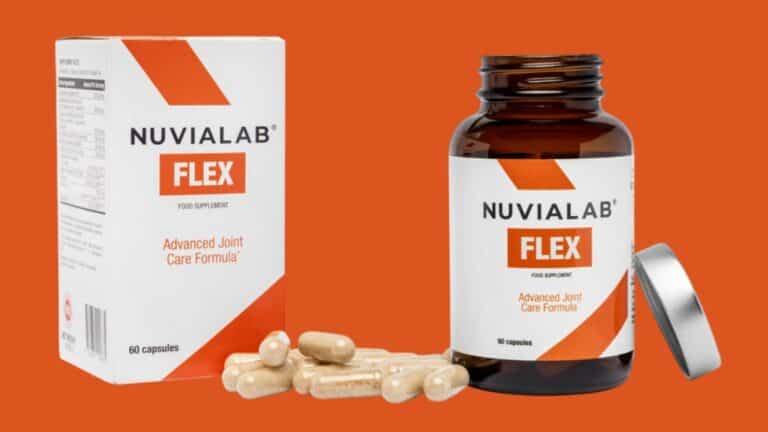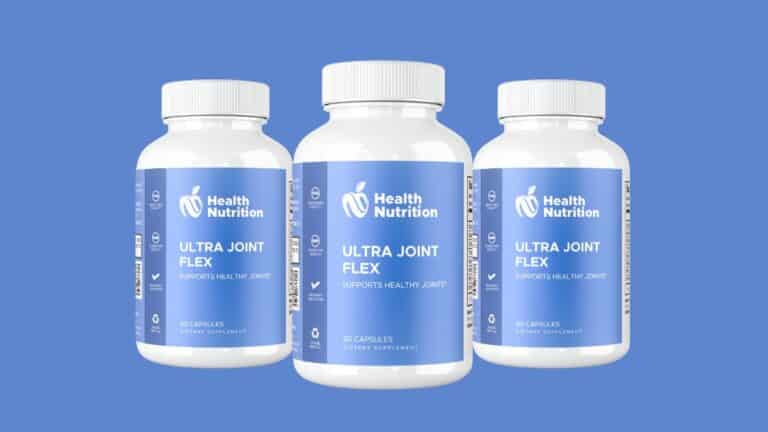In the modern era of pharmaceutical advancements, the allure of herbal remedies and weight loss supplements continues to captivate many seeking natural and holistic approaches to health and wellness. Herbal remedies and weight loss supplements have been used for centuries across various cultures for their therapeutic properties. Despite the lack of rigorous scientific validation for some, many find them beneficial. This blog explores various popular herbal remedies, weight loss supplements, and their potential health benefits.
Understanding Herbal Remedies
Herbal remedies and weight loss supplements encompass a wide range of plant-based treatments used to support health and treat ailments. These include extracts, teas, powders, and capsules derived from leaves, roots, flowers, seeds, and bark. While some remedies and weight loss supplements have well-documented effects, others require more scientific scrutiny. It is essential to approach herbal supplements and weight loss supplements with a critical eye and consult healthcare professionals before integrating them into your routine.
Popular Herbal Remedies, Weight Loss Supplements, and Their Uses
1. Chitosan
Derived from the hard outer layers of shellfish, chitosan is touted for its ability to block fats and cholesterol from being absorbed by the body. While its effectiveness for weight loss remains unproven, it is generally safe to use unless you are allergic to shellfish. Users should be aware of potential side effects such as an upset stomach or constipation.
2. Chromium
Chromium supplements are claimed to enhance insulin function, helping in the metabolism of carbohydrates, fats, and proteins. Despite claims of reducing appetite and increasing muscle mass, research shows mixed results. Higher doses of chromium can lead to side effects like insomnia and kidney damage, so caution is advised.
3. Conjugated Linoleic Acid (CLA)
CLA, found in fatty acids, is believed to reduce body fat and increase feelings of fullness. However, studies show varying results, and long-term use may lead to insulin resistance and lower good cholesterol levels. Common side effects include upset stomach and fatigue.
4. Glucomannan
A fiber from the konjac plant, glucomannan is supposed to aid weight loss by blocking fat absorption. While early studies show promise, more evidence is needed to confirm its effectiveness. It is crucial to take glucomannan in powder or capsule form to avoid blockages in the throat or intestines.
5. Green Tea Extract
Rich in antioxidants, green tea extract is linked to modest weight loss benefits. However, high doses can cause side effects such as nausea, vomiting, and insomnia. Its effectiveness is still under investigation, so it should be used cautiously.
6. Green Coffee Extract
Made from unroasted coffee beans, green coffee extract may support weight loss by boosting metabolism. Side effects like headaches and stomach upset can occur due to its caffeine content. More research is needed to verify its benefits.
7. Guar Gum
Guar gum, derived from the guar plant, is another fiber supplement aimed at promoting fullness and reducing fat absorption. Despite extensive research, its effectiveness remains doubtful, with side effects such as gas and diarrhea being common.
8. Hoodia
Hoodia, an herb used traditionally by Bushmen to suppress hunger, is marketed as an appetite suppressant. However, there is no credible evidence supporting its safety or effectiveness for weight loss.
9. 7-Keto-DHEA
This compound, naturally found in the body, is believed to increase metabolism. Small studies suggest it may aid weight loss when combined with exercise and a reduced-calorie diet, but more evidence is needed to confirm its efficacy.
10. Ephedra
Ephedra, once popular for weight loss, was banned by the FDA due to serious side effects like heart attacks and strokes. Despite its effectiveness for short-term weight loss, the health risks far outweigh the benefits.
11. Bitter Orange
Bitter orange, containing synephrine, is used as a substitute for ephedra in weight loss supplements. However, it can raise blood pressure and heart rate, leading to serious health risks. Its safety and effectiveness remain questionable.
Safety and Regulation of Herbal Remedies
Unlike pharmaceuticals, herbal supplements are not regulated by the FDA for safety and efficacy before they hit the market. This lack of regulation means the quality and concentration of active ingredients can vary significantly between products. Consumers must exercise caution and choose reputable brands.
Benefits of Herbal Remedies
While scientific evidence may be lacking for some herbal remedies, many people report benefits such as improved digestion, better sleep, and enhanced mood. Herbs like chamomile and valerian root are well-known for their calming effects, while ginger and peppermint are praised for aiding digestion.
Risks and Considerations
It’s essential to recognize that “natural” does not always mean “safe.” Herbal remedies can interact with prescription medications, cause allergic reactions, or lead to serious health issues if used improperly. Always consult with a healthcare provider before starting any new supplement, especially if you have underlying health conditions or are pregnant or breastfeeding.
Integrating Herbal Remedies into Your Lifestyle
For those interested in exploring herbal remedies, start with well-researched herbs known for their safety and effectiveness. Gradually introduce them into your routine and monitor your body’s response. Keeping a journal of your symptoms and progress can help you and your healthcare provider assess the benefits and any potential side effects.
Conclusion
Herbal remedies offer a fascinating glimpse into traditional medicine and its potential role in modern health practices. While some herbs and supplements have shown promise, it’s crucial to approach them with an informed perspective. By understanding the benefits, risks, and regulatory aspects of herbal remedies, you can make safer and more effective choices for your health and wellness journey. Always prioritize safety and seek professional guidance to ensure that your use of herbal supplements supports your overall health goals.







